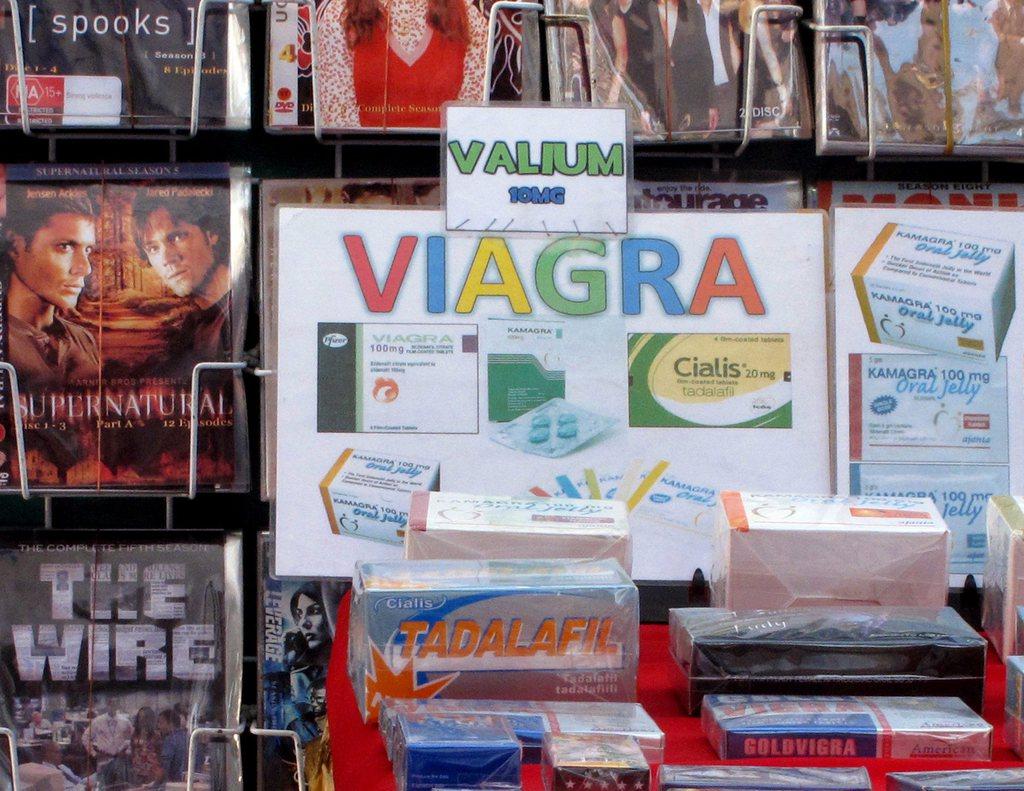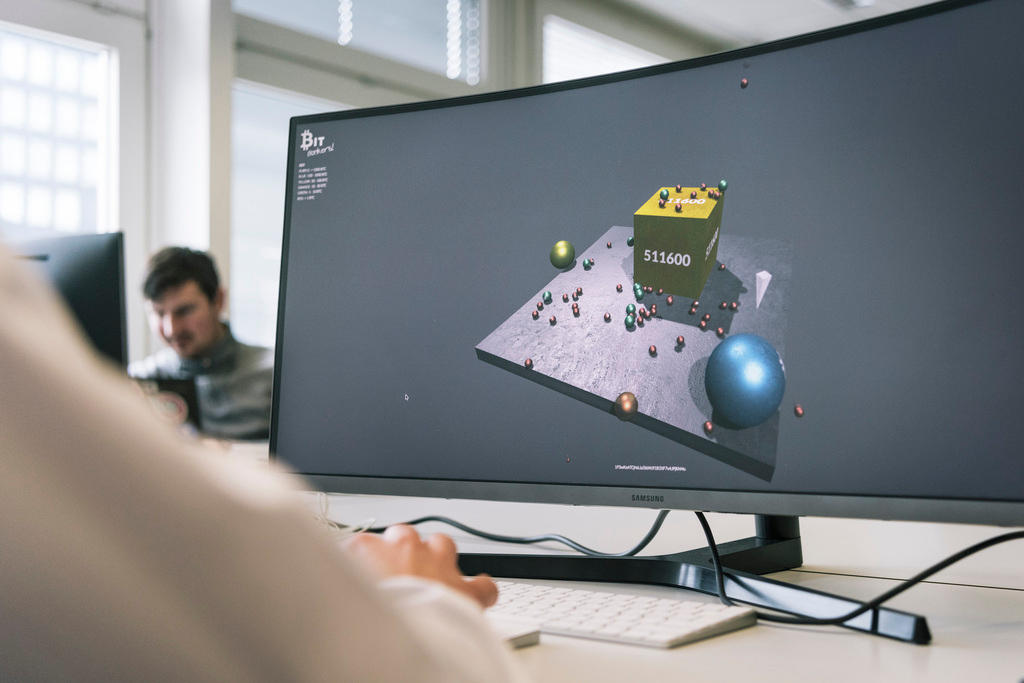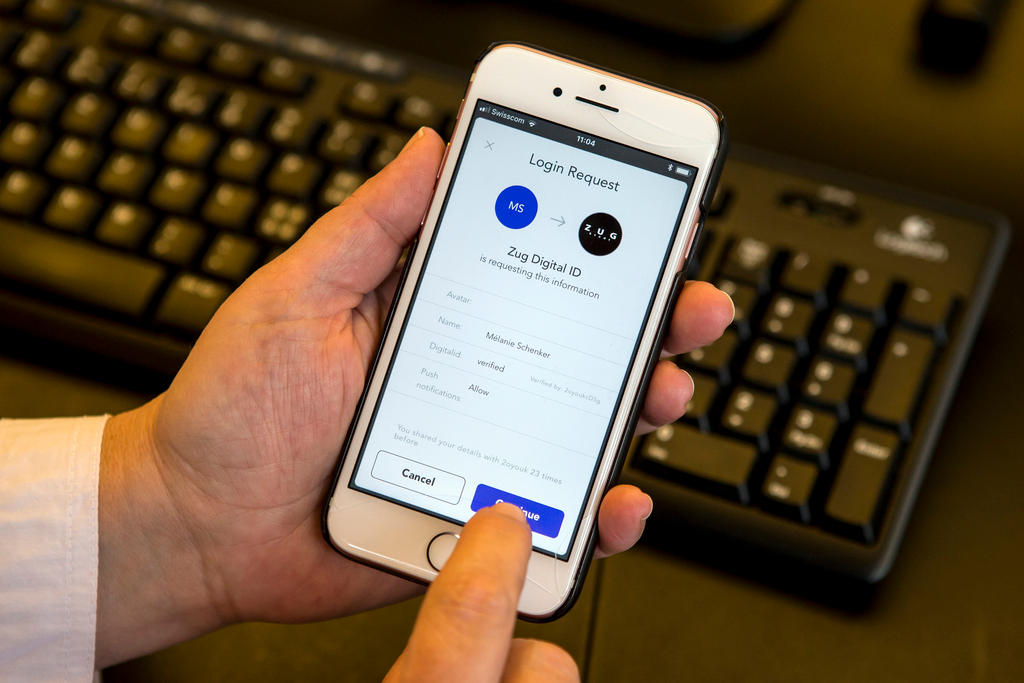Inside a Swiss blockchain factory

The leafy district of Rüschlikon on the outskirts of Zurich is home to many of the city’s well-heeled residents. It is also where researchers at an IBM facility churn out an array of blockchain projects that go way beyond the original cryptocurrency concept.
For while the original blockchain was designed to store and transact bitcoin, it turns out that the technology could make its mark in a number of other ways.
This growing realisation has attracted some of the brightest researchers from the world’s top companies, such as IBM. In Rüschlikon they have been busy developing their own blockchain and making key contributions to the open source Linux Foundation Hyperledger Fabric project.

More
How blockchain could soon affect everyday lives
IBM is also working with an array of global companies, from banks to pharmaceutical giants to logistics firms developing blockchain solutions to enhance food supply chains and financial transactions. Along the way, researchers have developed blockchain solutions to tackle the scourge of fake medicines and the annoyance of counterfeit concert tickets.
So what’s all the fuss about with blockchain? The innovation acts as an interactive digital database that lets participants both view and validate the authenticity of data flows. It allows anonymous users to protect their trade secrets whilst showing clear trails of where and when data is passed from one place to another.
Tracing food flows
One example of how this works is monitoring the flow of goods, such as foodstuffs, throughout the world. Blockchain promises to keep track of real-time data as goods move from one country to another, going through customs and inspections whilst using various transport systems.
This data could be viewed by food growers, manufacturers, wholesalers, distributors and retailers. IBM’s Food Trust blockchainExternal link has attracted the interest from major companies like Nestlé, Walmart and Unilever.
Data from sensors embedded into shipments could also be funneled into blockchains, checking that sensitive goods are in good condition and are not being altered or stolen. This is particularly important for medicines that are frequently the target for counterfeiters.
IBM has developed a simple coloured ink spot system anchored onto medicamentsExternal link that smears when tampered with. This information is logged in a blockchain that can be used to alert people when counterfeiters attempt to manipulate or switch shipments.

More
Can research tame the excesses of the blockchain revolution?
Other researchers are tackling ticket fraud for events such as concerts. Generating QR code tickets and keeping track of them on a blockchain will make it harder for forgeries to enter the system, saving the entertainment industry millions of dollars every year, says IBM.
Zero Knowledge
IBM is also working on a so-called Zero Knowledge protocol to allow financial institutions to openly trade assets without everyone within the blockchain knowing who is selling or buying. That should perk up the ears of Swiss bankers. The heart of Zurich’s banking sector is only a short train ride away from the Rüschlikon research centre.
After all, a bank would give away its investment strategy if it telegraphed a large purchase or sell-off to all its competitors. “When it comes to blockchain, the issue of privacy can be a bit of a show stopper,” explains IBM researcher Elli Androulaki. “Zero Knowledge asset transfers combine privacy with public verifiability.”
This works by obliging banks to prove to a blockchain that they are creditworthy and have legal possession of the assets they are trying to sell. This information can be broadcast to all other users of the blockchain, along with details of transactions, without revealing the identities of participants.
And this is the secret sauce of blockchain: providing a trusted, secure environment in which people can directly transfer items of value without the need for fee-charging third parties who could hold up transactions for days and require access to personal data to carry out this service.
Coded smart contracts, which are automatically triggered by algorithms, would take the place of third party administrators.
Science fiction?
It sounds like science fiction, and has attracted a fair amount of criticism for sounding too good to be true. How can algorithms, and the people who code them, be trusted to replace human overseers or regulatory authorities that can spot fraud, take action, reverse transactions and deliver compensation when needed?
Christian Cachin, a blockchain researcher at IBM Switzerland, explains that while this technology would replace some of the manual steps currently undertaken by people, “all blockchains have some governance imposed by humans”.
“These humans stand behind the systems that maintain the blockchain and can be subject to sanctions, imposed by society or political systems,” he told swissinfo.ch. “To put this in another way, if nobody would care about a particular blockchain, then this chain and all applications that rely on it are also not very secure.”
You can contact Matt Allen, the author of this story on TwitterExternal link.

In compliance with the JTI standards
More: SWI swissinfo.ch certified by the Journalism Trust Initiative


You can find an overview of ongoing debates with our journalists here. Please join us!
If you want to start a conversation about a topic raised in this article or want to report factual errors, email us at english@swissinfo.ch.